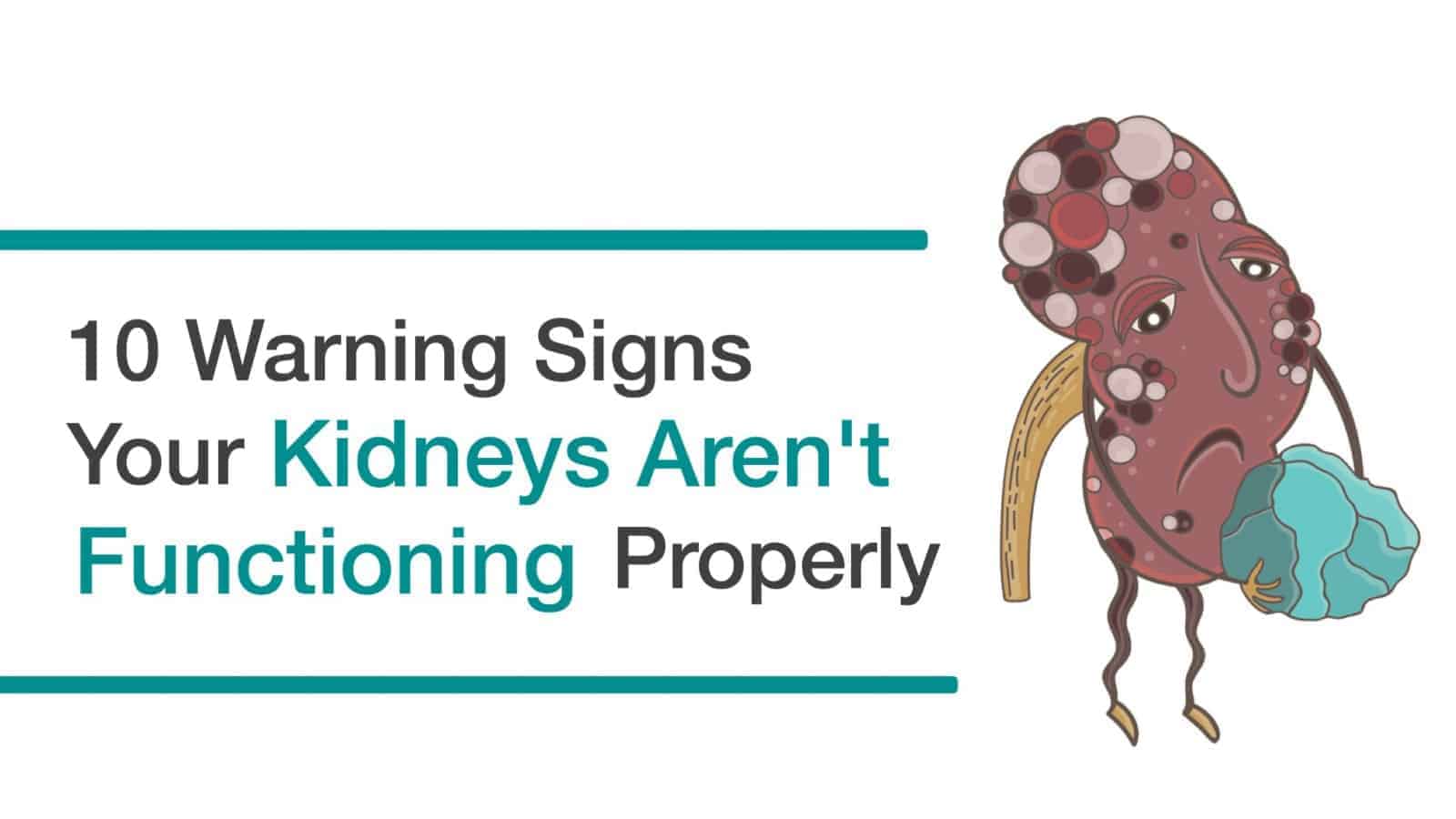Kidney disease is the 9th leading cause of death in the United States. An estimated 31 million people in the United States (10% of the adult population) have chronic kidney disease (CKD). – American Kidney Fund
Why Are the Kidneys So Important?
Our kidneys are always at work, and they have numerous life-sustaining responsibilities. The size of a large fist, their primary function is to filter and cycle blood, which it does at a rate of 200 quarts every 24 hours.
Here are some their other bodily functions:
– remove waste products from the body
– remove drugs from the body
– balance the body’s fluids
– release hormones that regulate blood pressure
– produce an active form of vitamin D that promotes strong, healthy bones
– control the production of red blood cells
They also ensure the body’s proper utilization of minerals by balancing the body’s acid, potassium, and salt levels. Other organs, including the liver, rely on them to produce and transport vital hormones.
Kidney Disorders
Most medical conditions that affect the kidney target the organ’s structures. These structures include the renal artery and renal veins (vessels that transport blood to and from the kidneys), its tissues, and the ureter, which moves urine from the kidney to the bladder.
Here, we’ll discuss ten potential warning signs that your kidneys aren’t working correctly. If you identify with one or more of the following symptoms, please consider seeking the advice of a medical professional.
10 Signs Your Kidneys Might Be Damaged
1. Blood In The Urine
When the filtering apparatuses are damaged, blood cells may permeate into the bladder. Blood in the urine is a severe symptom and may indicate the presence of an infection, kidney stone, or tumors.
2. Pain In Abdomen
As kidneys are situated in the rear of the abdominal cavity, where our digestive organs also rest, it’s challenging to differentiate kidney pain from common stomach pains. Generally, kidney pain concentrates around the edges of the abdomen and back.
3. Urine Irregularity
Poor conditions may lead to peeing too often or too rarely. Oliguria is the medical term used to describe when a person produces less than 16 ounces of water. Polyuria is when a person expels more than 100 ounces in a day. Sudden changes in urine frequency, especially with no changes to fluid intake, is a cause for concern.
4. Nausea Or Vomiting
Uremia or uremic syndrome is when waste products build up in the body because they are unable to eliminate them. Excess toxins must be removed from the body, which in this case, happens through vomiting. As vomiting may surface from a vast number of conditions, the best advice is to wait things out for a few days. If your symptoms worsen over time, it’s advisable to seek medical care.
5. Swelling Or Shortness of Breath
Swelling of the legs occurs when the body can not produce enough urine. Shortness of breath is due to the erraticism of the blood’s pH levels, which places an undue burden on the respiratory system. Any illness that suppresses the respiratory system is highly precarious and should always be considered a medical emergency.
6. Rashes or Itching
The accumulation of uric acid and waste products may produce itchy red patches on the skin. As the root cause of the symptom extends below the surface of the skin, over-the-counter (OTC) medications and other treatments are ineffective. Should such skin problems persist, seek the advice of your family doctor or dermatologist.
7. High Blood Pressure
These also serve as regulators of blood pressure. When they’re not functioning properly, they can not control high blood pressure. The rapid influx of blood stretches the blood vessels, which may cause further damage by scarring blood vessels in and around the kidneys.
8. Changes in Color
A healthy person who hydrates regularly will expel pale yellowish urine. Typically, urine coloration appears clearer the more water we consume. Dehydration, which can cause serious health complications, will produce urine of a dark yellow color. Brown, black, orange, pink, or red colored urine is highly abnormal and should be investigated by a doctor. Blood in the urine (hematuria) produces a red to pink-colored urine; which is a dangerous condition requiring immediate medical care.
9. Urine Odor
Most people produce urine of a musky, almost ammonia-like scent. That said, urine odor is highly variable, and is dependent on one’s diet, activity levels, and environmental temperature. A malfunctioning kidney may produce a fishy, sweet smell – and may be indicative of an underlying medical condition such as diabetes or liver disease. Certain supplements may also produce this odor.
10. Miscellaneous Symptoms
The kidney, as with many other vital organs, can produce seemingly unrelated symptoms. Some symptoms reported by medical professionals upon the diagnosis of a kidney condition include confusion, headaches, fatigue, muscle cramps, seizure, and skin discoloration.
Kidney Health
Per kidney.org, here are the top ways to promote and maintain organ health:
– regular physical activity
– lose weight, if you need to
– eat less fat
– keep your blood pressure, blood sugar, and blood fats under control
– stop smoking
– reduce stress
At-risk demographics for chronic kidney disease, according to kidney.org:
– the elderly
– diabetes patients
– those with high blood pressure (hypertension)
– having a family history of chronic kidney disease
– are of African American, Hispanic American, Asian, Pacific Islander, or American Indian descent.
Most of these conditions can be treated successfully. Per kidneyfund.org, diabetes and high blood pressure are the first and second leading causes of kidney failure, respectively. Prevention, treatment, and monitoring of the two conditions are paramount.

















